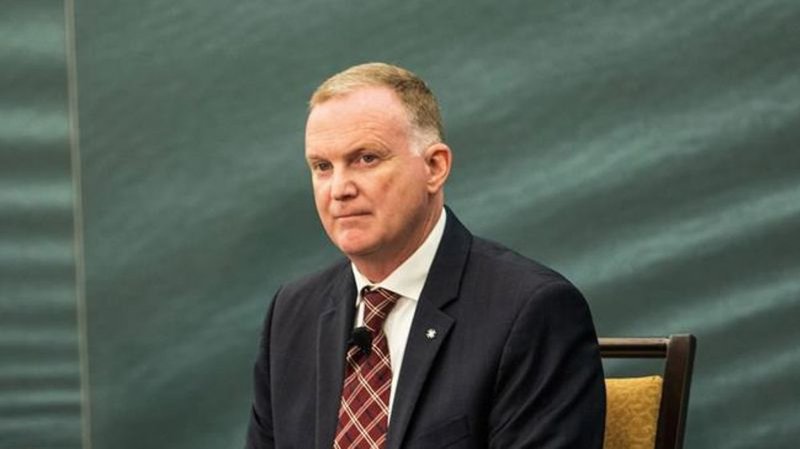
Mountie says holding back gun details was ‘no-brainer’ in N.S. mass shooting
HALIFAX — The Mountie in charge of the investigation into the Nova Scotia mass shooting says it was a “no-brainer” for him to withhold details of the killer’s guns nine days after the rampage.
Chief Supt. Darren Campbell was testifying today before the public inquiry into the April 18-19, 2020, murders of 22 people by a gunman driving a replica police vehicle.
According to notes from Campbell tabled earlier as evidence, RCMP Commissioner Brenda Lucki criticized him for not providing the gun details during an April 28 press conference, saying she had promised the Prime Minister’s Office the information would be released in connection with “pending gun control legislation.”
The superintendent’s notes prompted opposition parties to accuse the federal Liberals of meddling in an active investigation in order to advance a gun control law that was being prepared at the time.


